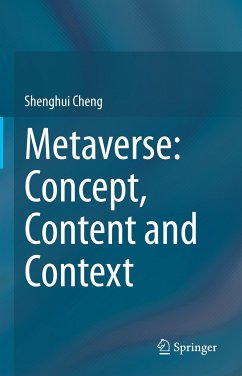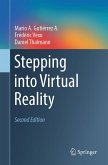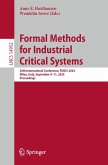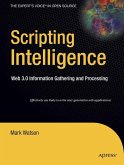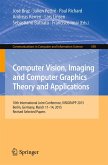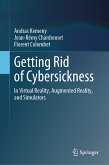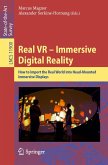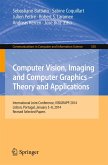The metaverse, a hybrid society of the real and the virtual is attracting significant attention from academia to industry and is starting to change the world. Composed of ten chapters, this book introduces the metaverse from three aspects - concept, content and context. It starts with numerous concepts related to the metaverse, such as virtual reality, augmented reality, Web 3.0 and NFTs and describes the background, features, advantages and disadvantages. It then presents the content or key techniques around the metaverse, Artificial Intelligence, big data, edge computing, 3D modeling and blockchain. For each technique, it depicts how it performs to advance the development of the metaverse. Finally, it gives the context of the metaverse and illustrates the new society in the virtual world, consisting of economic systems, assets, social activities, security, law, etcetera.
Overall, Metaverse: Concept, Content and Context provides a panoramic view of the metaverse, a key feature of which is the intuitive visualizations with numerous figures that clearly address the main aspects. This book is well-designed and well-written and will appeal to beginners and students as well as professionals, welcome to the metaverse community!
Dieser Download kann aus rechtlichen Gründen nur mit Rechnungsadresse in A, B, BG, CY, CZ, D, DK, EW, E, FIN, F, GR, HR, H, IRL, I, LT, L, LR, M, NL, PL, P, R, S, SLO, SK ausgeliefert werden.

